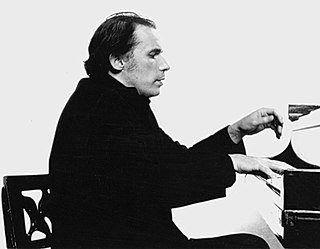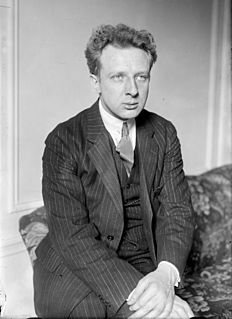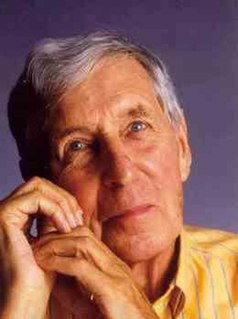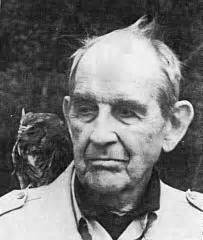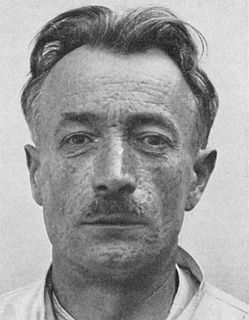A Quote by Dumitru Tepeneag
But music doesn't sum up my approach to literature - even in Vain Art of the Fugue. To 'fugue' I had to invent 'trap-words,' or words that would force the narrator to turn around and start his path anew.
Related Quotes
It's hard to put into words the impact of the perfect lyric, melody or contagious beat that moves you in an unexpected way. Authors, composers and artists have tried - and here we've rounded up our favorite quotes that help to begin forming structure around such an unspoken universal force. Which are most meaningful to you? If you had to sum up the power of music and sound in one sentence, what would you say?"A painter paints pictures on canvas. But musicians paint their pictures on silence."
My first book published in France was translated and titled Exercices d'Attente in 1972. It was a collection of short works written and published in Romania. In 1973 I was ready to publish the novel Arpièges, which I had started writing in Romanian and of which I had published some fragments under the title Vain Art of the Fugue. Some years later, I finished Necessary Marriage.
Words were one of the most powerful forces known— or unknown— to man. The Most High had created this world with His words. And humans, who had been fashioned in His image, could direct the entire course of their lives with their words, their mouths as the rudder on a ship, as the bridle on a horse. They produced with their words. They destroyed with their words.
The Lord's Prayer is 66 words, the Gettysburg Address is 286 words, there are 1.322 words in the Declaration of Independence, but government regulations on the sale of cabbage total 26.911 words. The difference between literature and journalism is that journalism is unreadable and literature is not read.
The Rolling Stones were an inkling towards an appreciation of the unity of music, dance and words. Any of the black R&B people who had a stage show that involved dancing, music and words did the same thing, except that I thought Jagger's words were good, his music was good and his dancing was good. I spoke to him about Blake and tried to get him to sing [William] Blake's The Grey Monk, to use his words as lyrics. He didn't do it. In the end, I did it myself.
In my own life I studied music, not creative writing; I see a novel as music - an opening as an overture, themes and subplots as lines in a fugue. The chance to write a novel about a musician boxed in by all kinds of limitations but who plays out his ultimate struggle for freedom at the piano was irresistible.
Words are singularly the most powerful force available to humanity. We can choose to use this force constructively with words of encouragement, or destructively using words of despair. Words have energy and power with the ability to help, to heal, to hinder, to hurt, to harm, to humiliate and to humble.

